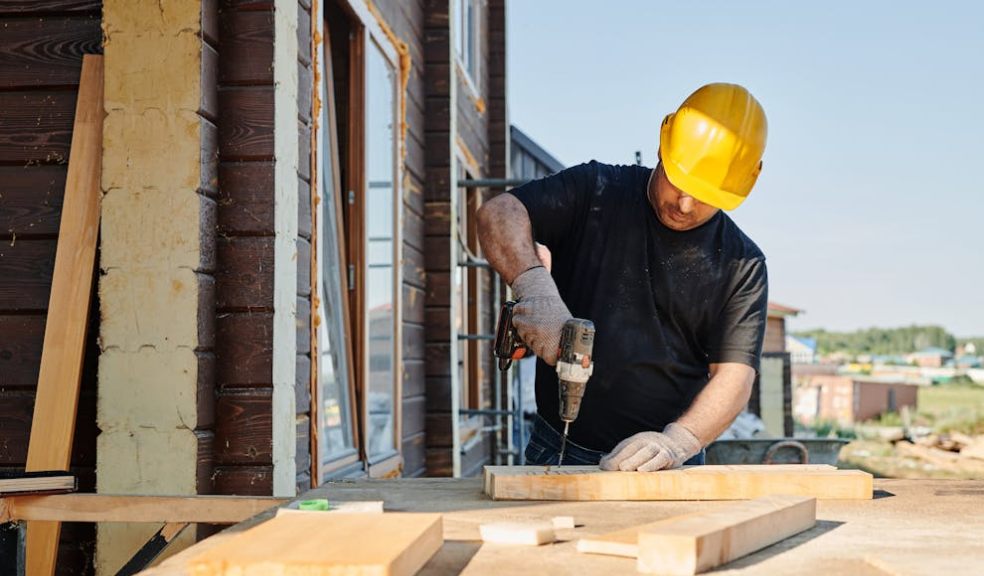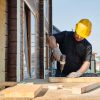
Exploring the Top Wood Types for Construction Projects
Wood has been a cornerstone of construction for centuries, prized for its versatility, durability, and aesthetic appeal. Whether it's for framing, flooring, or finishing touches, the choice of wood can significantly impact the outcome of a construction project. With a myriad of wood types available, selecting the right one is crucial. Here, we delve into some of the best types of wood for construction, considering their strength, sustainability, and suitability for various applications.
1. Douglas Fir: Widely regarded as one of the strongest softwoods, Douglas Fir boasts exceptional strength-to-weight ratio, making it ideal for structural applications. Its straight grain and uniform texture make it easy to work with, while its resistance to warping and twisting ensures structural stability over time. Douglas Fir is often used for timber framing, beams, and joists, providing reliable support for buildings of all sizes.
2. Southern Yellow Pine: Another popular choice for construction, Southern Yellow Pine offers impressive strength and durability. Its dense grain and high resin content contribute to its resistance against decay, insects, and moisture, making it suitable for outdoor projects like decking and siding. Southern Yellow Pine is also prized for its affordability, making it a cost-effective option for large-scale construction projects.
3. Oak: Known for its strength and durability, oak is a hardwood prized for its beauty and longevity. With its prominent grain and rich hues, oak adds a touch of elegance to any construction project. While it's more expensive than softwoods, oak's exceptional durability makes it a worthwhile investment for applications such as flooring, cabinetry, and architectural details.
4. Cedar: Renowned for its natural resistance to decay and insects, cedar is an excellent choice for outdoor construction projects. Its distinct aroma and rich colour lend character to decks, fences, and siding. Cedar's lightweight yet sturdy nature makes it easy to work with, while its natural oils provide protection against rot and decay, ensuring longevity even in harsh weather conditions.
5. Maple: Prized for its hardness and fine grain, maple is a versatile hardwood suitable for a wide range of construction applications. Its smooth texture and light colour make it an ideal choice for flooring, cabinetry, and furniture. While maple is more expensive than some softwoods, its durability and aesthetic appeal make it a popular choice for high-end construction projects.
6. Plywood: While not a specific wood species, plywood deserves mention for its widespread use in construction. Made from thin layers of wood veneer glued together, plywood offers strength, stability, and versatility. It's commonly used for sheathing, subflooring, and roofing, providing a stable base for various construction elements. Plywood is also available in different grades and thicknesses to suit different project requirements.
7. Redwood: prized for its beauty and durability, redwood is a popular choice for outdoor construction projects. Its rich colour and straight grain lend a timeless elegance to decks, fences, and outdoor furniture. Redwood is naturally resistant to rot, decay, and insects, making it an excellent choice for environments with high moisture levels.
In addition to considering the properties of different wood types, it's essential to prioritize sustainability in construction projects. Opting for sustainably sourced wood helps preserve forests and ecosystems for future generations. Look for wood certified by organizations like the Forest Stewardship Council (FSC) to ensure responsible forestry practices.
In conclusion, the choice of wood plays a significant role in the success of any construction project. From structural framing to finishing touches, selecting the right wood type can enhance durability, aesthetics, and overall project performance. By considering factors such as strength, durability, and sustainability, builders can make informed decisions when selecting timber boards for construction, ensuring the longevity and integrity of their projects for years to come.



















